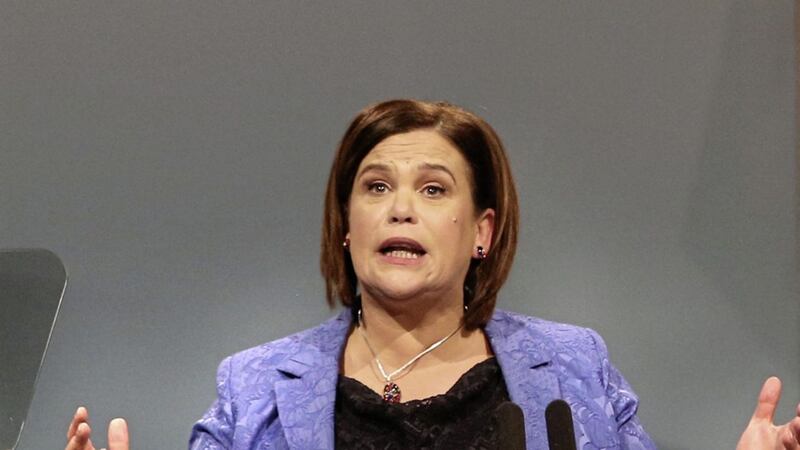It is useful to compare the current general election in the south with the last contest in 2016.
No party secured an overall majority on that occasion but Fine Gael got the highest number of Dáil seats and, after lengthy negotiations, ended up leading a minority government. This was facilitated by a confidence-and-supply arrangement with the largest opposition party, Fianna Fáil. That government remained in office far longer than was generally anticipated, but finally the plug has been pulled and it now looks as if FF may emerge with the highest number of TDs when the people cast their votes on February 8.
Although they have policy differences, both Fine Gael and Fianna Fáil are pragmatic centrists and, no matter which of them is in charge, there is little prospect of truly fundamental social change. Sinn Féin might have described itself as a revolutionary party in the past but it, too, has moved closer to the pragmatic centre in recent years. Indeed it is currently offering itself as a potential coalition partner, although neither of the other two parties is taking the bait – at least at this stage.
Despite strident declarations to the contrary from Fianna Fáil and Fine Gael, the possibility of a post-election alliance with the ‘Shinners’ cannot be entirely ruled out, since politics can be such a numbers game. In the past, both of the major parties have eaten their words in order to attain power. Charles Haughey went in with the Progressive Democrats in 1989, despite the fact that single-party government was described as a “core value” of Fianna Fáil. Five years later in 1994, Fine Gael under the leadership of John Bruton lifted its veto against Democratic Left, a party that had its origins in the ‘Official’ wing of Irish republicanism, accepting them as partners in a ‘Rainbow Coalition’ that also included Labour.
Sinn Féin have been complaining loudly about their exclusion from a number of TV debates which were confined to taoiseach and Fine Gael leader Leo Varadkar and Fianna Fail’s Micheál Martin. In a two-hander on the Virgin Media One channel, Varadkar said his party would consider forming a national government with Fianna Fáil, if that was the only way to achieve stability, but Martin has firmly rejected this option.
The most likely outcome of the general election at present seems to be a Fianna Fáil-led government with a range of support that might include Labour, the Greens (who appear to be on a roll) and a number of Independent members of the Dáil. The only way of preventing that would probably be a coalition, however unlikely, between Fine Gael and Sinn Féin. It is worth recalling that a government formed in 1948 included Fine Gael and a number of other parties, including Clann na Poblachta (The Republican Family) which was led by Seán MacBride, who had been IRA chief of staff only 12 years previously in 1936.
The last four opinion polls published at time of writing have Fianna Fáil in first place, with its support ranging from 25 to 32 per cent; Fine Gael comes second with figures varying between 20 and 23 points; Sinn Féin is a close third, scoring between 19 and 21 per cent. Some of the polls before the 2016 election showed a similar level of support for Sinn Féin but the actual figure at the ballot-box was 13.8 per cent, which suggests the party hadn’t developed the infrastructure and organisational base to get its full vote out.
Four years on, that may have changed. Sinn Féin have conducted a strong campaign, focusing on issues such as the age for receiving the state pension which has gone from 65 to 66 and is due to be further extended to 68 years. This has become the hot topic of the election, closely followed by homelessness and the inadequacies in the health service. Going into the election with 22 seats, Sinn Féin looks likely to hold most of them and, if the opinion polls are reflected at the ballot-box, even adding to the total. Although the taoiseach is considered to have performed well on Brexit by securing agreement with Boris Johnson that there would be no north-south customs border, this does not appear to be properly appreciated by many voters. The people will decide on Saturday week.
Email: Ddebre1@aol.com Twitter: @Ddebreadun








